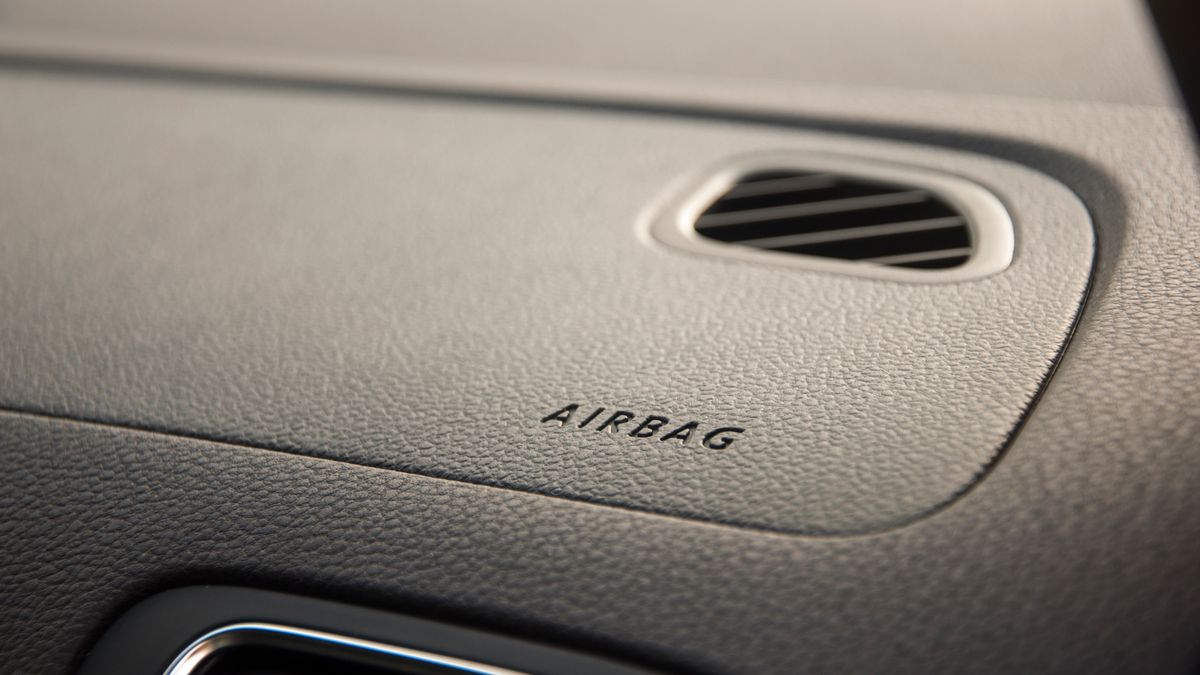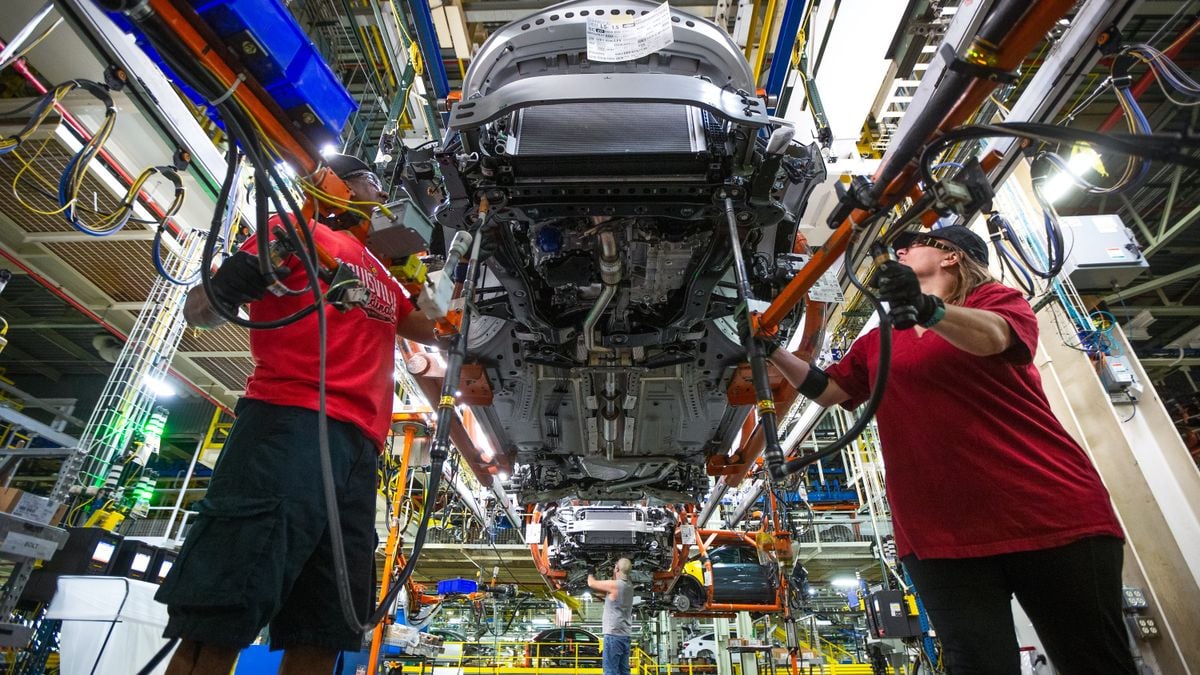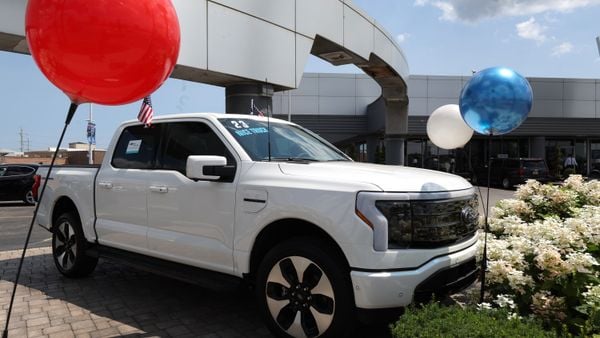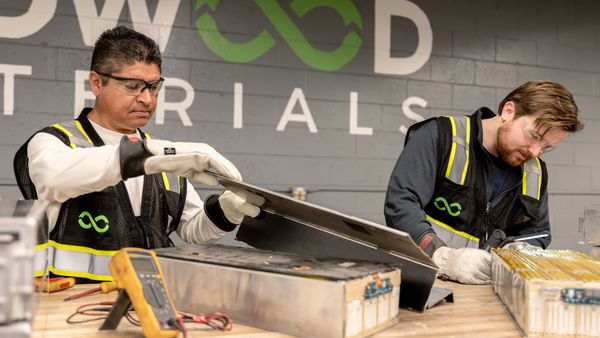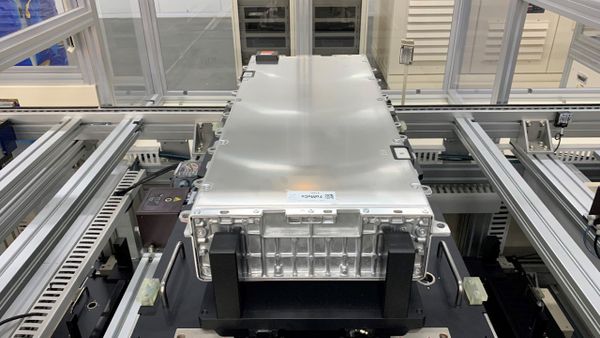Dive Brief:
- The U.S. National Highway Traffic Safety Administration may force Arc Automotive and Delphi Automotive Systems to recall up to 52 million faulty air bag inflators that can rupture in a crash, the agency said Tuesday.
- The affected inflators were manufactured from 2000 to January 2018.
- NHTSA will hold a public meeting about its initial decision on Oct. 5.
Dive Insight:
The faulty inflators have injured at least seven people and killed one person, the agency said. They were used in air bag modules by 12 automakers, including BMW, Ford, General Motors, Hyundai, Kia, Mercedes-Benz, Porsche, Tesla, Toyota, the Volkswagen Group, and FCA and Maserati — both are now part of Stellantis.
Eight automakers have issued their own recalls of the potentially defective inflators, with GM recalling nearly one million vehicles in May.
“Additional inflator ruptures are expected to occur in the future, risking more serious injuries and deaths, if they are not recalled and replaced,” NHTSA said in its initial decision.
Arc manufactured about 41 million potentially defective driver and front-passenger air bag inflators from 2000 to January 2018, while Delphi manufactured approximately 11 million driver inflators under license from Arc from July 2001 to 2004.
Weld slag produced during the friction welding manufacturing process may cause the inflators to “rupture when the vehicle’s air bag is commanded to deploy, causing metal debris to be
forcefully ejected into the passenger compartment of the vehicle,” NHTSA said.
NHTSA began its investigation in 2015 following reports of driver air bag inflator ruptures in a 2002 Chrysler Town & Country and 2004 Kia Optima, both equipped with inflators supplied by Arc.
Arc added borescopes to its inflator manufacturing lines to detect excess weld slag or other debris in January 2018.
“There are no known field ruptures in ARC’s hybrid, toroidal inflators manufactured after January 2018,” NHTSA said.
NHTSA requested Arc recall the affected airbags in a letter on April 27, 2023.
But Arc refused, saying in a letter to NHTSA that there were not enough incidents to warrant a recall under the National Traffic and Motor Vehicle Safety Act of 1966.
The auto supplier also said NHTSA had failed to show that weld slag was the root cause in any of the seven rupturing incidents studied, adding that “weld slag was found not to be the root cause in two of these seven ruptures.”
“To the extent any root cause could be identified in these ruptures, ARC believes they resulted from random ‘one-off’ manufacturing anomalies that were properly addressed by vehicle manufacturers through lot-specific recalls, all with NHTSA’s approval,” Arc said. “Testing of inflators from those recalled lots did not reveal a single additional defective inflator in those lots, thus further suggesting that these ruptures were isolated events.”
NHTSA rejected that argument.
“ARC’s argument that the root cause ‘has not been confirmed,’ or purportedly is not the cause of some of the ruptures, is not a reason for delaying a recall,” NHTSA said. “The seven ruptures confirmed thus far in the United States are not [insignificant] in equipment that is specifically manufactured to save lives and minimize or prevent injuries, but instead have caused deaths and injuries in survivable crashes.”



